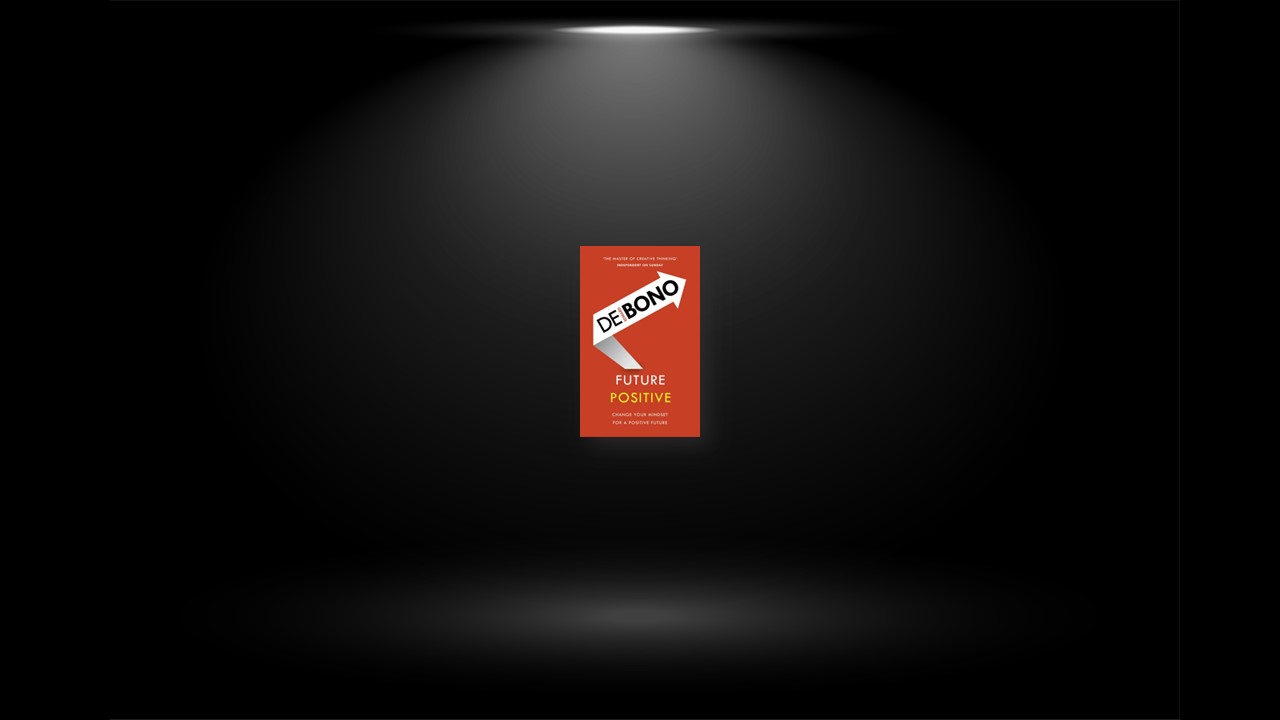The quality of life in the future will depend on the quality of our thinking.
Circumstances and natural events will modify the hopes of our thinking and at times over-ride them completely – but in the end we have nothing else to depend upon. If we do not do our thinking, then drift will do it for us. The question then arises: are we happy with the state of our thinking?
We ought not to be, for our habits and style of thinking are largely derived from the disputations of medieval monks. Within the framework of the accepted idiom, there is a great deal of skill and brilliance. But in order to have a positive future we may need to develop a more positive idiom. I am not suggesting that there is an attractive alternative ready for adoption. But I am suggesting that we need to take a cool and objective look at the dangers of the thinking style we never dare challenge.
What happens to an organism that evolves characteristics that make further evolution impossible?
Society is an organism that evolves in order to cope with a changing world – even if many of these changes are brought about by its own efforts. If you set a house on fire you have to react to the flames even though you are responsible for them. Nor is it possible to suppose that if we do nothing at all the world will achieve a level of stability. Many of our institutions have evolved to the point where they may – through no fault of their own – impede further evolution. The same applies to concepts which are but institutions of the mind.
There are no villains and no stupid people: there are highly intelligent people acting sensibly within their own logic-bubbles.
It is only too easy to blame problems on villainy or lack of intelligence. That then becomes an exercise in blame and exhortation. Instead, I believe we can explain many of the problems in terms of intelligent people acting intelligently according to the logic of the circumstances in which they find themselves. Collectively the result may be a disaster but an individual improvement in intelligence will not make things better so blame is pointless.
It is not the destination that matters but the very next step that has to be taken.
Much of our utopian thinking is concerned with ultimate destinations. Yet there is no hope of reaching these destinations if the next step is impossible or unacceptable. To provide this obvious concept with the attention it merits, the author has coined the term ‘the edge effect’. It is at the edge of action that we must focus our thinking, not on an ideal assembly of abstract notions that make up the architecture of a dream.
Can we afford to rely upon evolution through drift and crisis management or through the use of general ‘compass’ directions?
We can throw up our hands at the complexity of the future and just manage each crisis and hope to muddle through in the end – like a bridge player who survives his bad hands and hopes for better cards to be dealt. We may feel that complexity denies us any alternative since a planned future would be even more dangerous. In practice we tend to do a little better than mere drift. We establish certain guiding principles as ‘compass’ directions and at every decision point we choose the right compass direction. This is sensible strategy but it can be dangerous. There may be times when we might have to turn ‘South’ in order to be able to continue our journey ‘North’. Are we prepared to turn away from some general principles, in order eventually to enjoy them more fully? In a democratic system with a short time-scale is it possible to take an action which has an initial negative phase? Or does political expediency make this forever impossible?
Powerful battle-cries are not necessarily effective operating principles.
Battle-cries sometimes provide the ‘compass’ directions mentioned above. A battle-cry or a slogan may be useful to highlight a grievance or to give a direction, but as an operating principle it may not be effective. A compass will indicate the North but a bicycle is more useful for getting there. We are good at guiding principles for protest but far less good at guiding principles for action. Very often in the evolution of society we are forced to use battle-cries as slogans and then we get confused when we try to use them as operating principles. We need to be rather more clear about the distinction.
In the end mood is more important than anything else.
Does mood arise from circumstance, from habit or from an ideological framework? Which is preferable: ambition and striving or adjustment and contentment? There are no easy answers. We know that purpose, achievement, framework and self-image are important. We know how to make people miserable but are not convinced that people know how to make themselves happy.
Can we develop a positive attitude towards a positive future?
This whole book is based on the belief that we can. We may need to overcome the restrictions of some of our more enjoyable negative habits. We may need to throw out some traditional concepts and re-stock with some more suitable ones. We may need to pay much more attention to the structures within which people are locked. In addition to a general positive attitude we can develop some specific positive concepts like plurality, simplicity, effectiveness, organisation and even discipline. Instead of fatalism, pessimism and optimism, a positive attitude suggests that man is master of his fate – not because he has found a new ideology but because he is prepared to work positively towards a positive future. There is a lot of talent and energy available.


